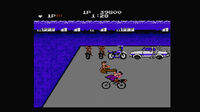|
Renegade(JP) is a beat 'em up for the NES and the first entry in the Kunio-kun series which includes Super Dodge Ball and River City Ransom. It was also the technological predecessor to Double Dragon.
Considered to be one of the most influential fighting games in video game history, the game has spawned a variety of ports on the modern Nintendo consoles, with the NES version ported out on the Virtual Console service for Wii, Wii U and 3DS systems. A port of the Arcade version was rolled out to the Switch as part of the Arcade Archives programme in 2018, followed by yet another emulation of the NES version to the system two years later.
Gameplay[]

A motorcycle fight in the second stage.
The game is presented from an isometric perspective, with character sprites and backgrounds rendered in a three-quarter perspective, and the player able to move in horizontal and vertical directions around the arena. The arcade game is controlled by a joystick and three action buttons, for punch, kick and jump. Compared to other side-scrolling games in its time, the combat system was more highly developed, with the player able to punch, kick, grab, charge, throw and stomp enemies. It also introduced the use of combo attacks; in contrast to earlier games, the opponents in Nekketsu Kōha Kunio-kun could take much more punishment, requiring a succession of punches, with the first hit temporarily immobilizing the enemy, making him unable to defend himself against successive punches.
There are two types of enemies, one's with less hit points and others with more hitpoints and weapons but hit for weaker normally. The second stage has a motorcycle chase scene where the player tries to kick off opponents off their motorcycles prior to the boss fight. The third stage has two paths; one with the stage boss and one with another level of small fry enemies.
The fourth and final stage is a maze of numerous rooms, filled with enemies and previous bosses, inside a building which the player must proceed in order to reach the final boss. This stage introduces knife wielding enemies that kill in one hit and the final boss wields a gun which is also one-hit-kill. There are also trap doors which warps the player to last stage and force the player to restart progress.
Beating the boss results in a scene where he is greeted by his rescued girlfriend with a kiss and the cycle begins again, albeit harder.
Plot[]
The plot of the Western release is that the player controls a vigilante (named Mr. K in the NES version), who fights a variety of street gangs on his way to save his girlfriend.
The original Japanese plot was Kunio-kun standing up for his bullied friend, Hiroshi. Each stage begins with the stage's gang beating up Hiroshi in front of Nekketsu High School and Kunio chasing after his attackers. The Japanese arcade version actually had the Boss's names as an identifier. Named in order of encounter, there is Riki (りき), Shinji (しんじ), Misuzu (みすず) and Sabu (さぶ). The game ends with the students swarming Kunio-kun and Hiroshi giving Kunio a firm handshake.
Credits[]
- Director: Yoshihisa Kishimoto
- Designers: Masao Shiroto and Misa Yazaki
- Programmers: Yasu Kaneko, Shintaro Kumagai and Noriyuki Tomiyama
- Music: Kazuo Sawa
- Presented by: Technōs Japan Corp.
Reception[]
In Japan, it was the top-grossing title on the Game Machine table arcade cabinet charts in July 1986, and became the fifth highest-grossing table arcade game during the latter half of 1986. In the United Kingdom, the ZX Spectrum version was the top-selling computer game on the monthly all-formats chart in September 1987. It also topped the ZX Spectrum charts from September to October 1987, and then it was number three the following month.
The game was voted by Your Sinclair readers as the second best game of 1987. In 1993, the Spectrum version was voted number 48 on the Your Sinclair "Readers' Top 100 Games of All Time" list.
David M. Wilson reviewed the game for Computer Gaming World, and stated that "The important arcade "feel" is carried over into the personal computer versions of Renegade. Playing Renegade makes the player feel like he is trained in martial arts."
External links[]
- Renegade at Wikipedia, the free encyclopedia
- Nekketsu Kōha Kunio-kun at the Kunio-kun Wiki
- Renegade at Double Dragon Wiki
- Renegade at MobyGames
- Renegade at GameFAQs
- Renegade at Strategy wiki
- The Ridiculous Chronology of the River City/Kunio-kun Series at Hardcore Gaming 101
- Renegade (NES) at The Cutting Room Floor
